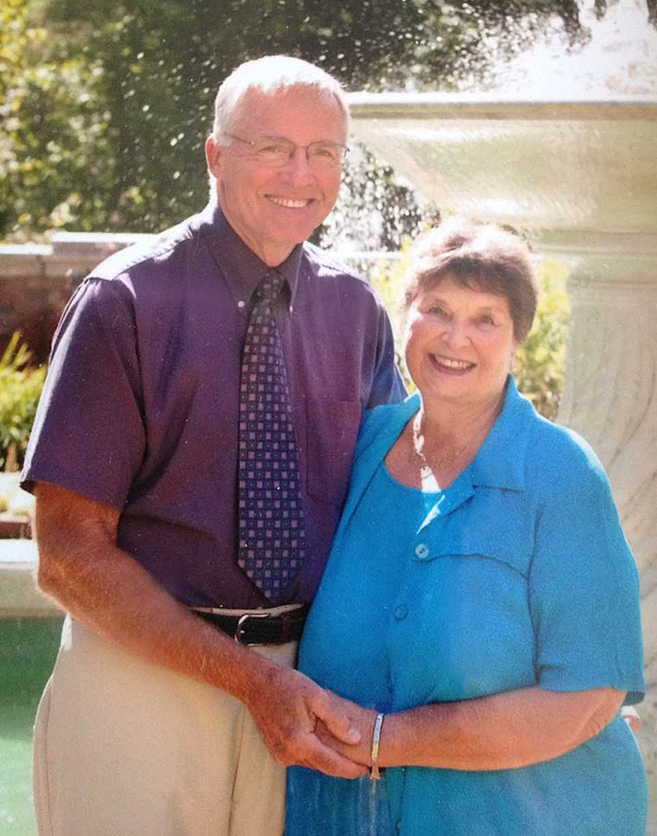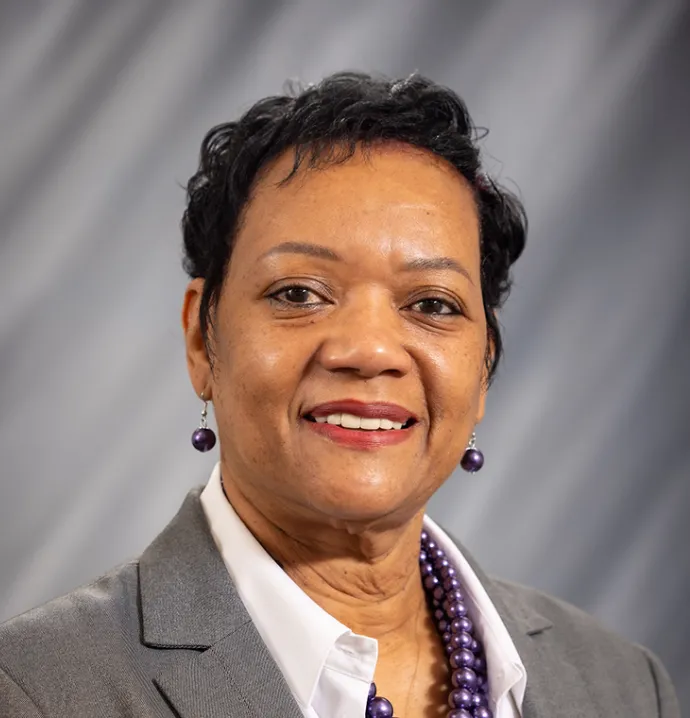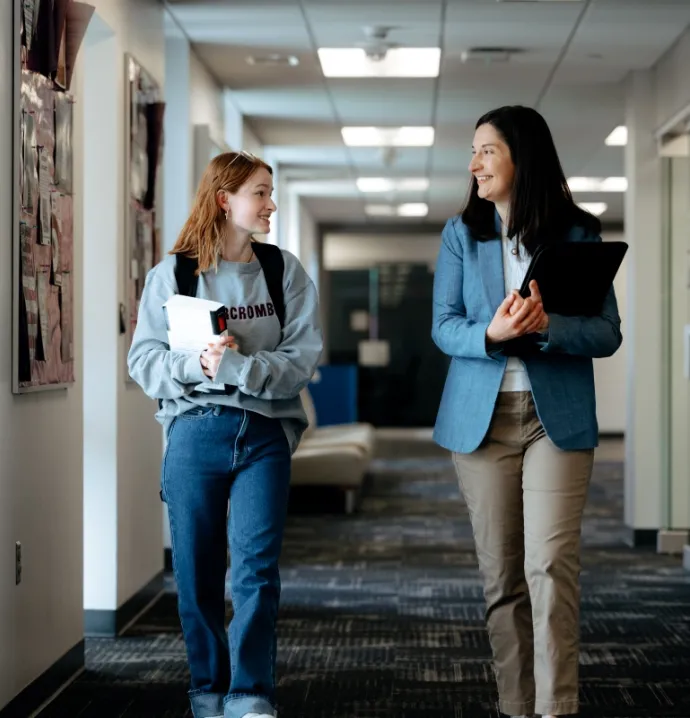George Floyd fund established to educate UNI community
George Floyd fund established to educate UNI community
From their home in Punta Gorda, Florida, Annette and Bob Morden watched the memorial service for George Floyd, whose May death at the hands of Minneapolis police officers sparked a national protest movement that drew millions into the streets.
Both retired University of Wisconsin-Superior faculty, the Mordens listened as speakers eulogized Floyd. During his remarks, Scott Hagan, president of North Central University in downtown Minneapolis where the memorial service was held, challenged every college in America to establish scholarship funds in memory of Floyd.
Feeling they weren’t up to the physical challenge of marching in support of racial justice, the Mordens decided that establishing a fund in memory of George Floyd at their alma mater was a way to make a difference. And for the retired educators, education was a natural tool to combat racism.
“Through history you learn that the best way to resolve a problem – and the most stable and lasting way – is through education,” Bob said. “It’s through education that people get an appreciation for each other; they consider each other in trying to resolve a problem.”
He stresses that education for racial justice doesn’t mean a formal education – you have to learn more about the other person.
Both two-time graduates of the University of Northern Iowa, the Mordens envisioned a fund at UNI that would bring different cultures together, create shared experiences and help bonds become a little stronger. With that idea in mind, the couple has given $10,000 to establish the George Floyd Fund at UNI. This fund is to be used to provide support for campus initiatives that promote cultural acceptance, collaboration, awareness and education.
“We need to provide a space to learn and educate people about diversity, equity and inclusion,” said Gwenne Berry, chief diversity officer for UNI. “The George Floyd Fund will allow the UNI community increased opportunity to expand our minds, give people the chance to do active work and actually learn about different cultures and perspectives.”
Berry acknowledges that diversity education is lacking in schools – at all levels.
“People don’t have any education or training about diversity or diversity issues. And if you weren’t exposed to people who didn’t look like you, you’re really in the dark. It takes honest, difficult conversations to change opinions and behaviors around diversity and inclusion. This gift will help facilitate those conversations through education. We at UNI are thankful for the Mordens’ leadership.”
A New Way of Thinking
Bob recalled an atmosphere on campus in the 1960s that challenged what he knew and allowed him to establish a foundation for how he thought about the world.
It is this environment he and Annette are trusting will challenge future generations’ thinking.
“Things are changing [in America]. Colleges and universities can provide the soil to allow the seed for diversity and inclusion to grow,” Bob said.
UNI is working hard to address these same issues. A new Diversity, Equity and Inclusion Advisory Committee has begun its work. The committee will advise President Mark A. Nook on ways to increase campus diversity and help ensure UNI is a welcoming place for everyone.
Also this summer, UNI professors and students installed a mural in downtown Waterloo challenging racism and stereotypes in the Cedar Valley. The Diversity is Our Strength project, which included a website, highlighted a diverse group of students and leaders.
The Mordens are hopeful others in the UNI community will invest in diversity and inclusion work through the George Floyd Fund as well.
“This fund is a way people can contribute to a solution that might change our society for the better,” said Bob.





